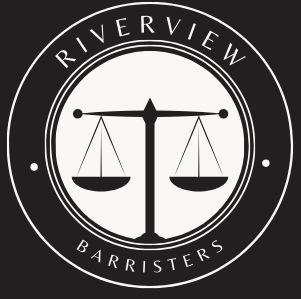Personal injury lawyers typically work on a contingency fee basis, meaning they do not charge their clients an upfront fee and instead earn a percentage of any settlement or jury award that ultimately comes their way.
Lawyers use this model to represent a wide range of individuals, even those unable to pay upfront legal fees. Furthermore, it also serves to minimize risks.
Contingency fee
Personal injury lawyers frequently operate under a contingency fee structure, meaning they only get paid if their case is successful. This fee structure may be more attractive to people without the financial means to hire an attorney hourly. Before hiring, however, it is essential to understand exactly how your contingency fee will be calculated; during your initial consultation make sure you inquire how much their fee costs and whether this deduction will come before or after attorney expenses have been covered.
Contingency fees typically range between one-third and one-half of your final settlement or court award, providing a powerful incentive for attorneys to perform thorough investigations and confidently negotiate with insurance companies. Unfortunately, however, this type of fee structure could lead to some lawyers failing to negotiate down medical liens from hospitals or health care providers which could reduce your net award amount.
Retainer fee
Retainer fees are payments received in advance from clients to cover legal costs associated with specific cases. They are generally held in trust accounts until used to pay for services; often this payment must be received prior to hiring an attorney to handle personal injury cases.
Retainer fees depend on the complexity and duration of a case, with lawyers who specialize in complex litigation such as corporate disputes requiring higher retainer fees than personal injury attorneys with more traditional cases. Other considerations, including reputation and experience can also play a part in this figure.
A competent personal injury lawyer should provide you with an clear and detailed overview of how their firm charges, so you understand the overall cost of your case and can avoid unpleasant surprises. Enjuris Tip: Ensure you obtain a written agreement from your attorney so as to prevent miscommunication; answer all their inquiries truthfully and promptly as well.
Out-of-pocket expenses
After being injured, people often incur significant financial costs, including ambulance services, property damage to their vehicles and medical expenses. These expenses are considered economic damages and the party at fault may need to reimburse victims accordingly. To make sure that you receive what compensation is owed to you after an injury incident has taken place, keep meticulous records of out-of-pocket expenses as well as hiring an attorney experienced in personal injury law cases.
Personal injury lawyers incur numerous case expenses when representing their clients in personal injury suits, such as hiring investigators to reconstruct accident scenes and retrieving medical records; in addition to paying retrieval fees and any miscellaneous expenses that arise. Although these expenses can be costly, they’re necessary in building strong cases for clients and may also include negotiations with insurers and healthcare providers who place liens against victims’ settlements – this process can be extremely stressful on victims who already face financial challenges.
Other fees
Many personal injury attorneys operate on a contingency fee basis, meaning they do not charge an hourly rate but instead take a percentage of any final insurance settlement or court award as their fee. This allows them to represent more people, including those who would otherwise not be able to afford legal services on an hourly basis.
Dependent upon the details of each case, other costs associated with litigating a personal injury claim could arise such as retrieving medical records or paying expert witness fees and investigative expenses. These items will usually be covered by your lawyer and deducted from any final recovery before taking their contingency fee.
Personal injury cases often require expert witnesses with specific knowledge or opinions to provide additional evidence in court, which can be costly – sometimes reaching into the thousands for even straightforward cases.
